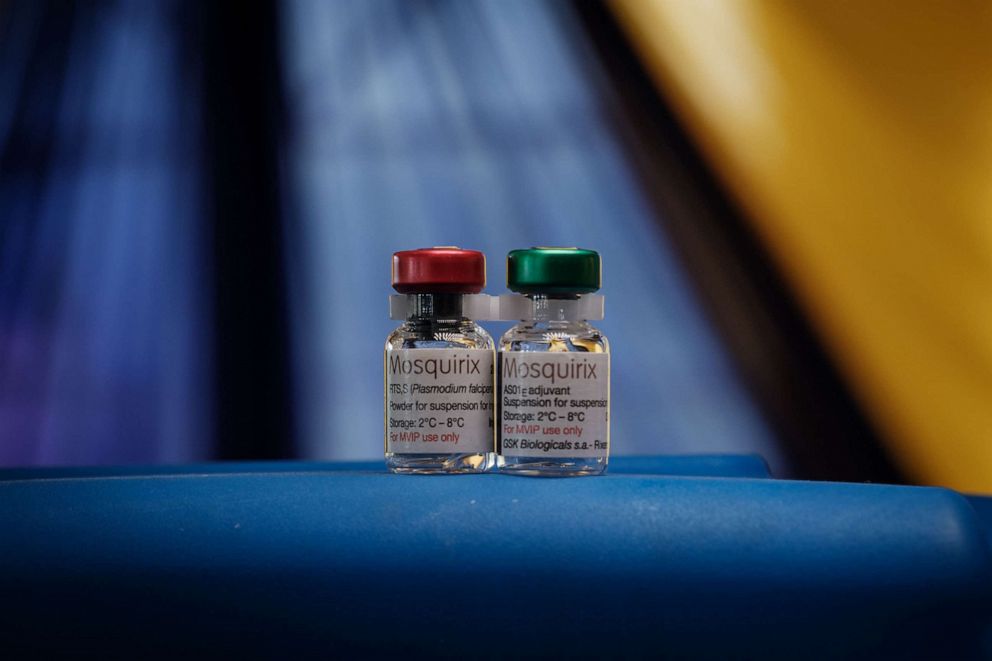Kenya’s Ministry of Health announced at a stakeholder forum this week that it will expand the use of the world’s first malaria vaccine. Malaria kills more than 12,000 Kenyans a year and more than half a million people in sub-Saharan Africa, most of them children.
The malaria vaccine, known as Mosquirix or RTS,s/AS01, was introduced in 2019 in a pilot program. Since then, over a million doses of the vaccine have been administered to children across eight of Kenya’s counties, with approximately 400,000 children have received at least one dose. The RTS,s vaccine has a total of four doses administered to the individual at 6 months, 7 months, 9 months, and 24 months.
The malaria vaccine is currently administered in Kenya, Ghana, and Malawi.
Kenya has incorporated the vaccine as part of routine immunizations across eight counties in Western Kenya, known as the lake-endemic region. These counties include Homabay, Kisumu, Migori, Siaya, Busia, Bungoma, Bihiga, and Kakamega.
The groundbreaking vaccine will be extended to an additional 25 sub-counties in the lake endemic region and will be expanded, free of charge, to an additional 133,000 infants in lake endemic counties. It will also be available at all immunizing health facilities.
The expansion of the program follows the recommendation of the World Health Organization (WHO) and the Kenya National Immunization Technical Advisory Group (KENITAG) to administer treatment among children in sub-Saharan Africa and in other regions with moderate to high P. falciparum malaria transmission.
“The fight against malaria has always been a two-step forward, one-step-back struggle,” Dr. Chris Powe, adjunct professor of medicine at the University of Maryland School of Medicine, told ABC news.
“The main reason that after more than 100 years of research to develop a malaria vaccine, we still have just one somewhat effective vaccine is that malaria is a big, nasty, complex parasite…[I]t transforms itself again and again, first in mosquitoes, then in people. It mutates and changes, and it is very good at hiding from the immune system and from vaccines.”
One child under the age of five dies of malaria nearly every minute in Africa, and it is the leading cause of illness and death among children, according to UNICEF.
“In the coming years, our objective is to continue to expand malaria vaccination to other parts of the country, as more supplies of the vaccine become available,” said Dr. Lucy Mecca, head of the National Vaccines and Immunization Program (NVIP), told VOA News.
Mecca says that the vaccine has proven effective as the rates of malaria have gone down by about six percent. However, authorities are concerned that a new mosquito vector, Anopheles Stephensi, is “threatening gains” in the fight against the disease. It’s been shown that the carrier can thrive in “urban areas and can breed in man-made containers.”
“The malaria program is looking into that,” Mecca says. She continues to say that Kenya is closely monitoring its extent and will continue current interventions.
Malaria interventions include the distribution of mosquito nets and sprays and minimizing potential breeding grounds. Authorities hope that vaccination initiatives, along with these interventions, will eventually eradicate the disease.

